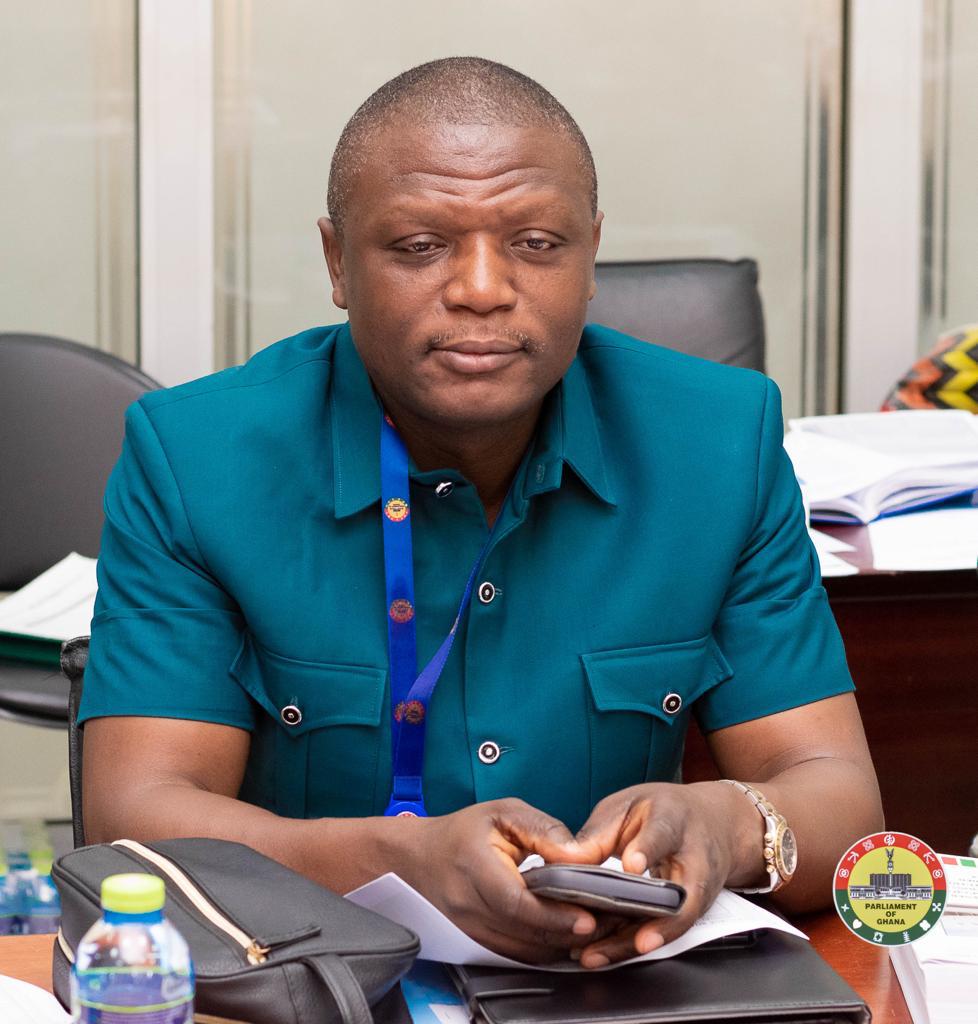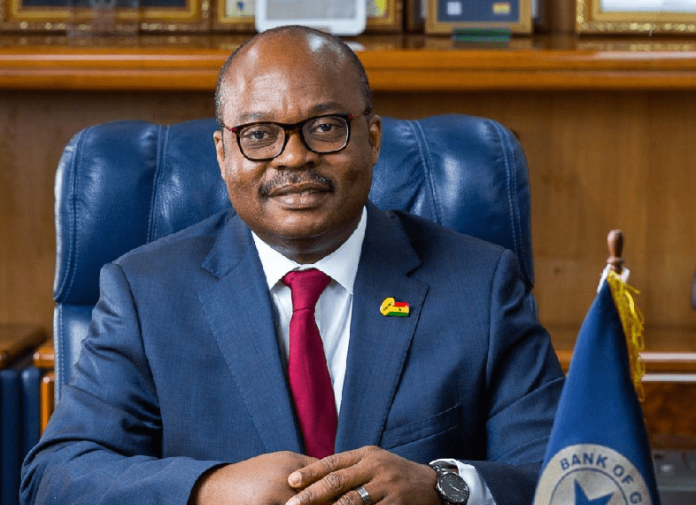Kofi Adams, Member of Parliament for Buem and former National Organizer of the opposition National Democratic Congress (NDC), has joined the chorus of voices demanding the immediate resignation of the governor of the Bank of Ghana (BoG) and his two deputies. This call comes in the wake of the revelation of GH¢60 billion losses incurred in 2022 due to alleged reckless spending.
Mr. Adams strongly expressed his belief that the recklessness exhibited by the central bank has reached a critical juncture. He asserts that the only viable option now is for those responsible for the financial turmoil to step down, allowing capable individuals to take charge and work towards stabilizing the Bank’s financial situation.

Speaking with Selorm Adonoo on The Big Issue on Citi TV and Citi FM, Kofi Adams emphasized that both the governor and his deputies consistently ignored warnings issued by the Minority, which eventually contributed to the current dire economic situation. Adams contends that their disregard for such concerns showcases their incompetence and calls into question their ability to lead effectively.
“We have reached a point where we cannot let the one that created the mess to continue to be there, and like many economists have said, the economy is not yet recovering and so if the person that caused this mess continues to superintend over the economy, the entire economy will collapse.”
Adams highlights the fact that many of the challenges currently plaguing the economy were known well in advance. The Minority reportedly raised concerns from the outset, but the Bank of Ghana chose to overlook these warnings. Adams specifically mentioned issues related to the printing of banknotes to support what he deems as the government’s reckless expenditure.
“They have violated the very Act that governs them so what more can we do as a Minority than to ask the governors to leave for a more competent person to come take over and work things around for us,” Adams concluded.
The call for the resignation of the BoG governor and deputies continues to gain traction as public figures, politicians, and economists express their concerns over the financial losses and the management of the central bank. As the discussions unfold, the future of the Bank’s leadership remains uncertain, and the demand for accountability and transparency remains at the forefront of public discourse.










